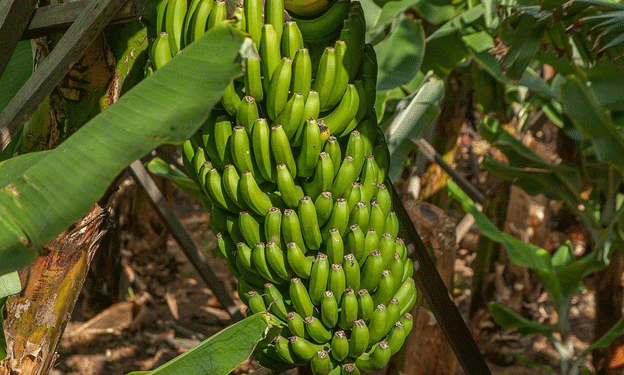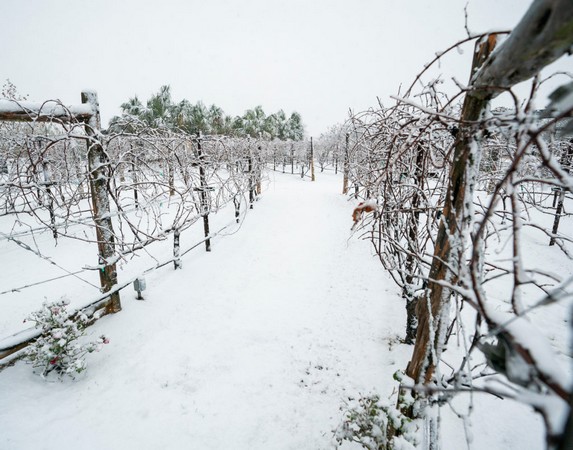An investor plans to establish a high-tech greenhouse complex in Stavropol, Russia, dedicated to cultivating tropical fruits such as bananas, avocados, mangoes, and passion fruit. The project, estimated at 1.4 billion rubles, aims to cover 15 hectares and is slated for completion by the end of 2026. Major retail chains have already expressed interest in this locally grown exotic produce.
The proposed greenhouse complex in Stavropol represents a significant investment in Russia’s agricultural diversification. By utilizing advanced greenhouse technologies, the facility aims to create optimal conditions for tropical fruit cultivation, enabling year-round production. This approach not only reduces dependence on imports but also caters to the growing domestic demand for exotic fruits.
However, the economic feasibility of such projects remains a topic of discussion among experts. Andrey Golokhvastov, General Director of “Agriconsult,” has highlighted potential challenges. He notes that with an average banana yield of approximately 40 tons per hectare and wholesale prices around $0.50 per kilogram, the return on investment could extend over several decades. This contrasts with crops like tomatoes, which have higher yields and potentially quicker payback periods.
Despite these challenges, there is a growing interest in cultivating tropical fruits within Russia. The Association for the Development of Subtropical Agriculture has announced plans to present the first bananas grown in Russian greenhouses by the end of 2025. This initiative underscores the potential for domestic production of tropical fruits, provided that technological and economic hurdles can be effectively addressed.
The planned tropical fruit greenhouse complex in Stavropol marks a bold step toward diversifying Russian agriculture. While the venture presents opportunities to meet domestic demand and reduce import reliance, careful consideration of economic viability is essential. Success will depend on optimizing production efficiencies and ensuring that the market can support the premium pricing necessary to justify the substantial investment.










